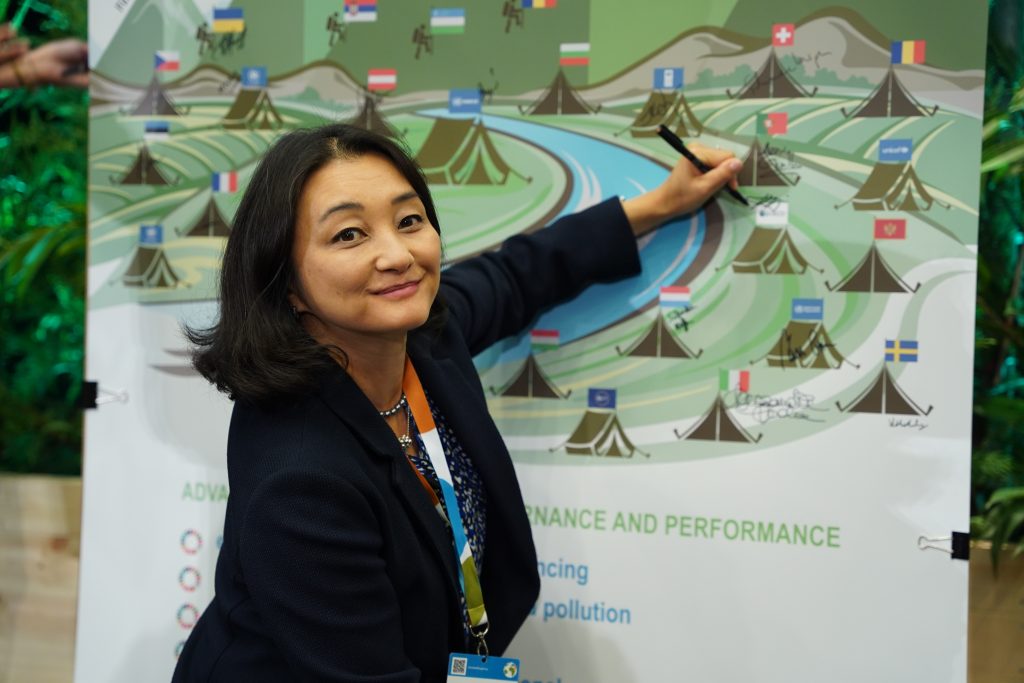Cyprus assumes a substantial role in rendering sustainable development a continuous process

High-level meetings and bilateral meetings involving the Ministers of Education, Sports and Youth Prodromos Prodromou and Agriculture, Rural Development and Environment Costas Kadis, were the focus of the second day of the Ninth Environment for Europe Ministerial Conference of the United Nations Economic Commission for Europe (UNECE), which is currently taking place at ‘Filoxenia’ Conference Centre in Nicosia.
As regards education matters, there was an in-depth discussion of the strategy adopted yesterday on education and sustainable development 2021-2030. The aim was to identify ways in which countries can better cooperate and contribute effectively to the implementation of the strategy, and the development of bilateral cooperation between countries and international organizations.
During the meetings of the Ministers of Education, which followed yesterday’s ministerial declaration, when the new UNECE draft strategy was put on the table, four pillars were discussed today:
1. quality of education
2. digital technology
3. holistic approach to schools
4. entrepreneurship and sustainability
The implementation horizon is the year 2030. Cyprus, which was praised, as host and chair country, for the high level of organization of such a demanding international Summit, is, as was clearly emphasized by country officials, in a position to contribute and have a substantial role. The discussion highlighted the relevance of education for sustainable development, which, as it was stressed, should be a continuous process.
Citizens – NGOs and decisions
The Minister of Agriculture, Rural Development and Environment Costas Kadis had a meeting today with representatives of the European Environmental Bureau (EEB). The delegation was led by Ms Patrizia Heidegger, EEB Secretary General. The EEB is the largest network of environmental organisations in Europe and consists of 180 environmental NGOs from 38 countries, representing some 30 million members and supporters.
During this meeting, issues of civil society and NGO participation in environmental decision-making and access to environmental information and justice, were discussed. The most important environmental issues facing Europe today, including Cyprus, were also raised, such as waste management, the energy crisis and the use of renewable energy sources, the protection and management of nature and biodiversity, and traffic congestion.
Mr Kadis informed the delegation that in Cyprus, the participation of NGOs is now institutionalized with special provisions in the relevant legislation, and their positions are taken seriously into account before final decisions are made. In addition, civil society plays an important role in the acceptance or rejection of a project, when there is comprehensive information from the initial planning stages.
Information was also provided on Cyprus’ efforts, both through the implementation of legislation and through co-funded European programmes, for integrated waste management and the implementation of circular economy principles.
The Summit, which is attended by some 70 ministers and hundreds of delegates, is considered to be of great importance for sustainable environmental development, as its declarations are, over time, a reference point for the formulation of the relevant national policies of the participating countries.









